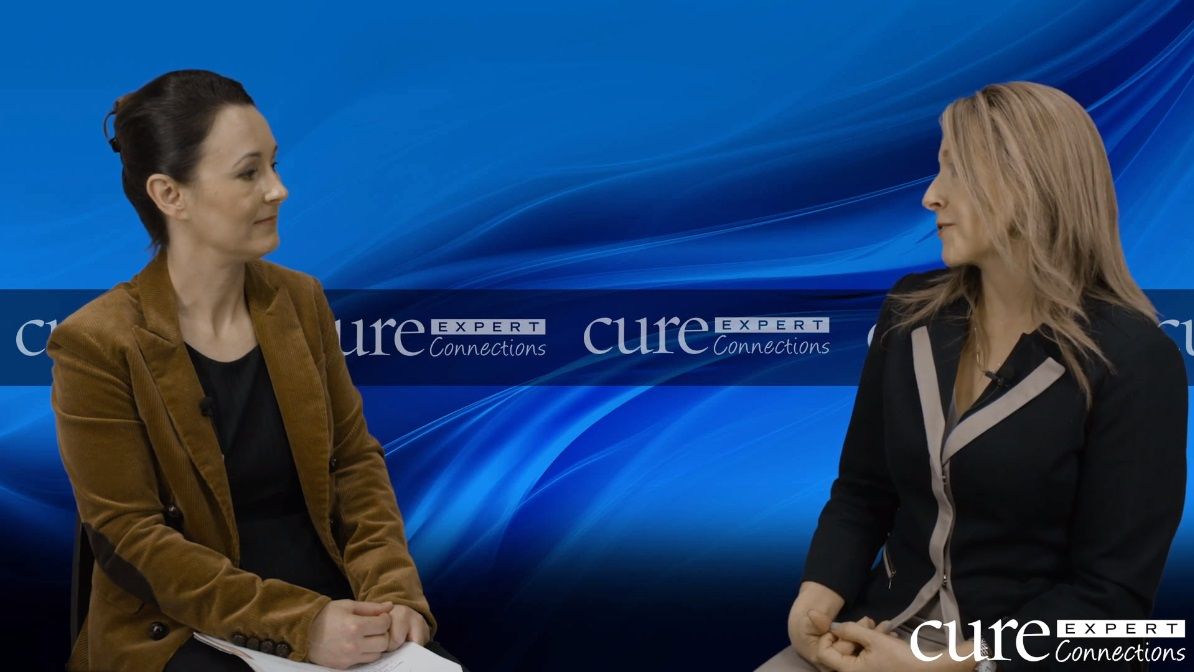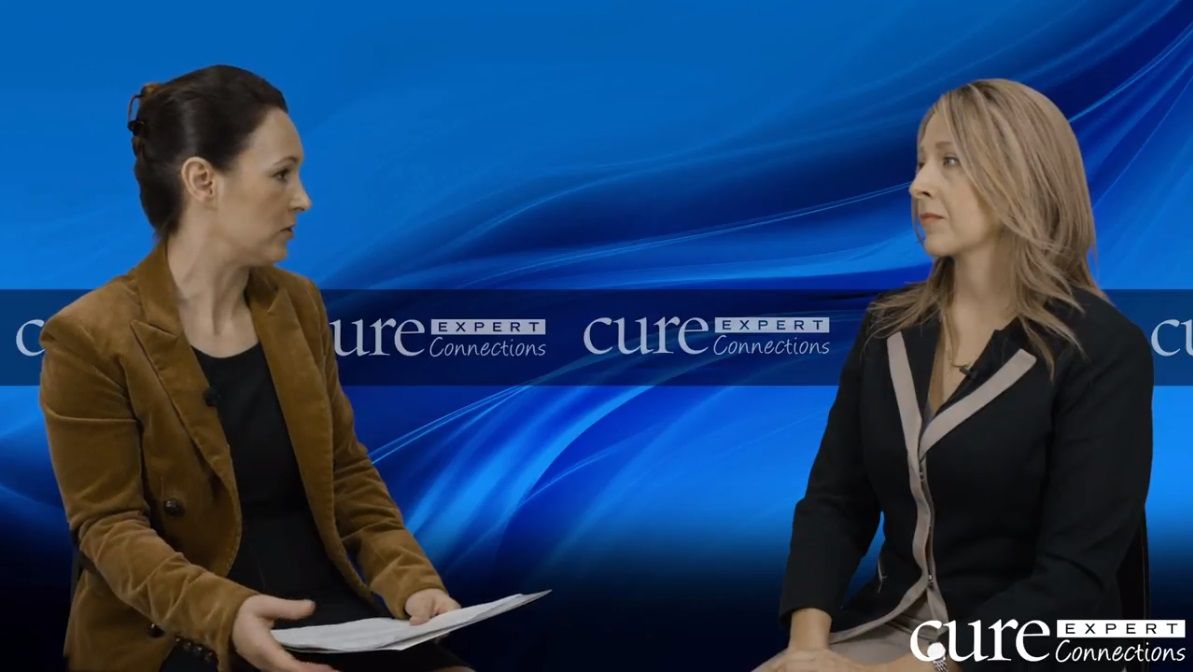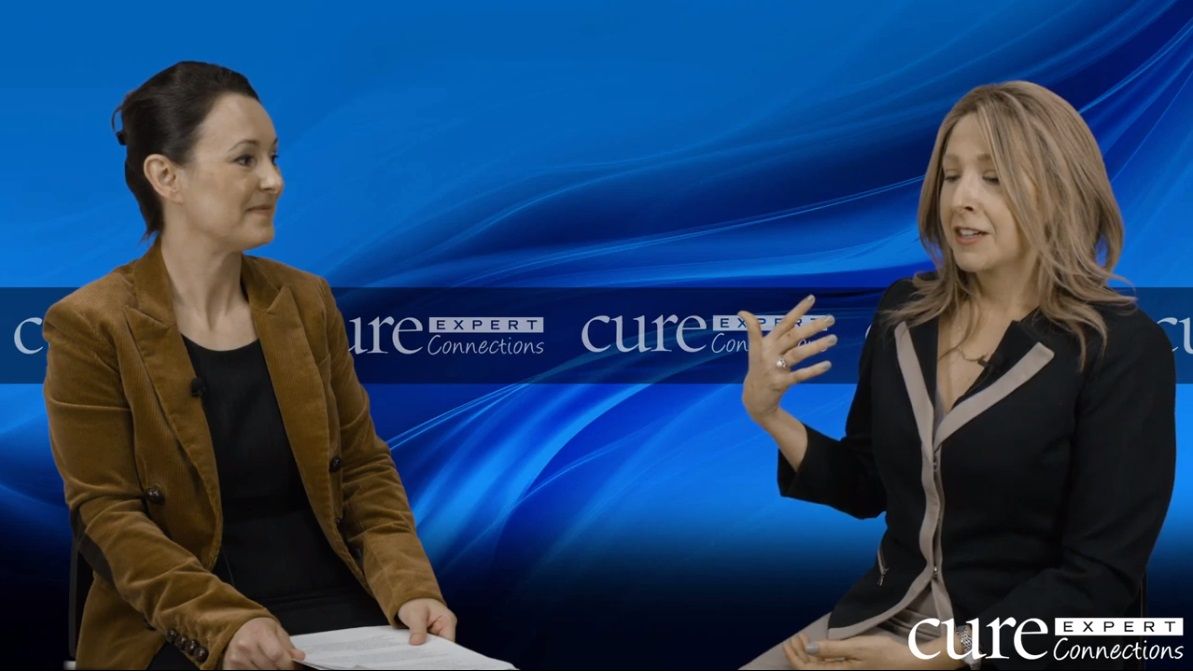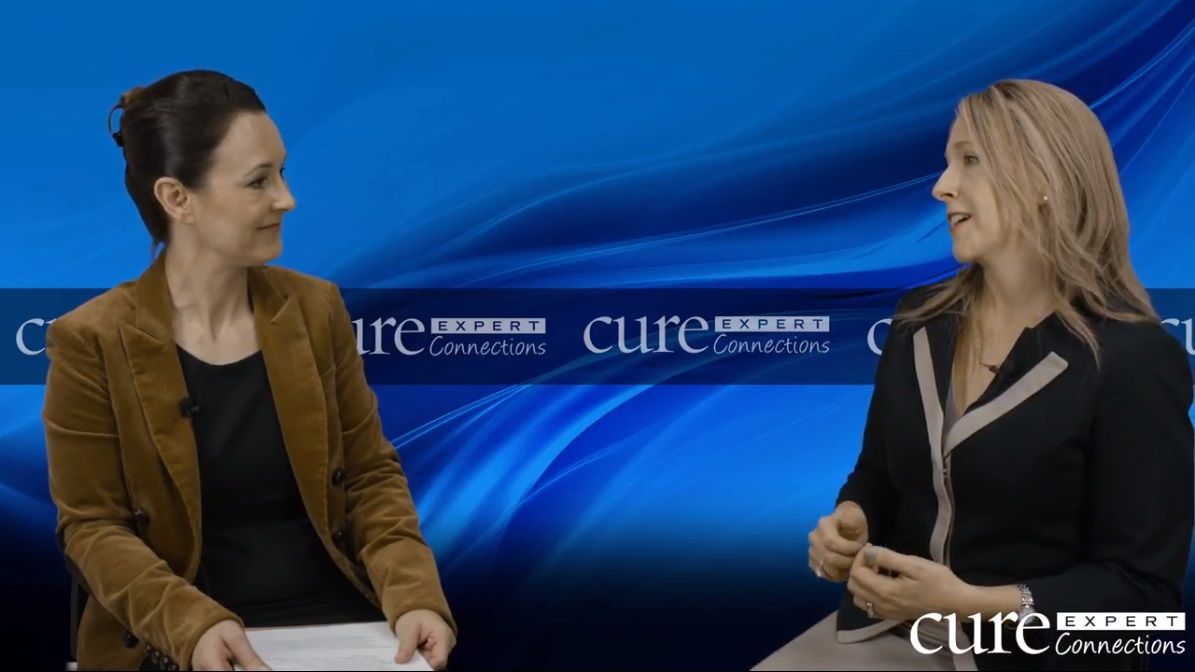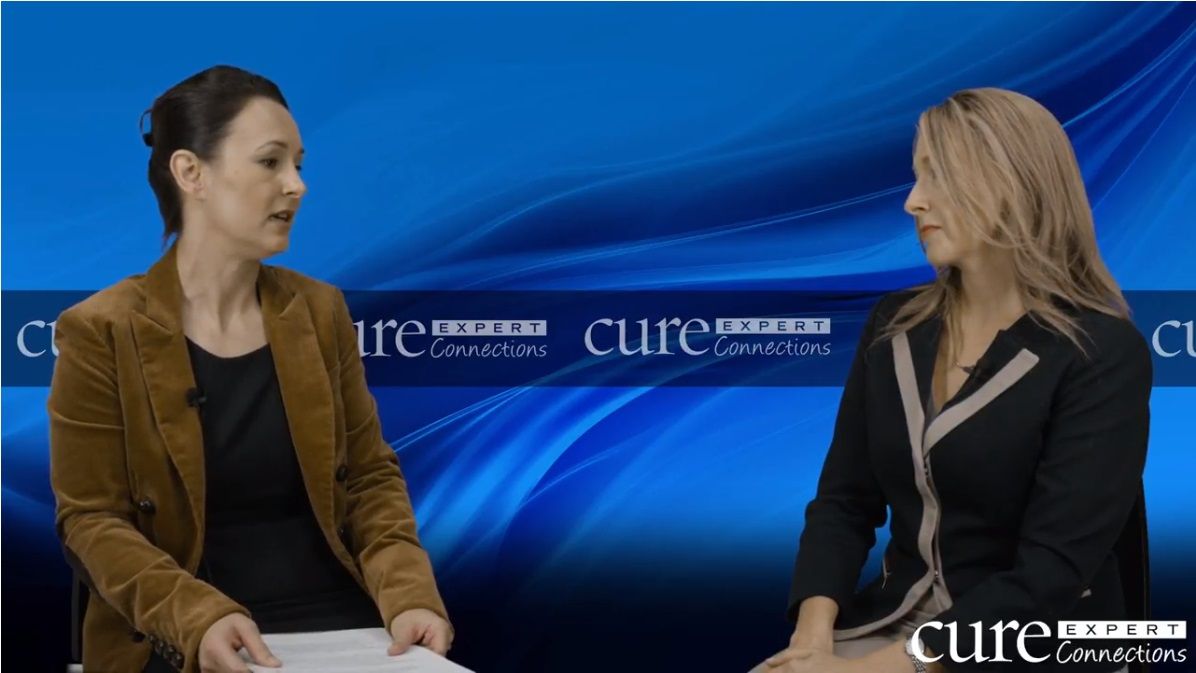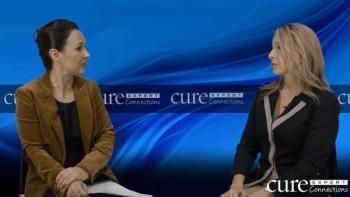
Non-Hodgkin Lymphoma
Latest News


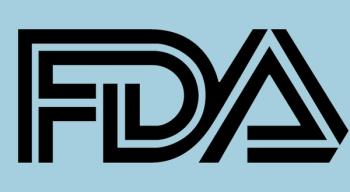
The Food and Drug Administration (FDA) Oncologic Drugs Advisory Committee voted 16-0 in support of the agency granting approval to CT-P10, a biosimilar of Rituxan (rituximab), which is a drug used to treat non-Hodgkin lymphoma.

The drug was approved for adults with chronic lymphocytic leukemia and small lymphocytic lymphoma. And was granted an accelerated approval for follicular lymphoma.
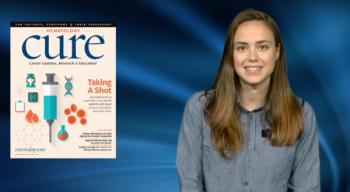
September is Blood Cancer Awareness month and CURE’s latest issue is dedicated to these diseases. And we have a sneak peek at what’s inside:

A recent study showed that socioeconomic status may explain racial and ethnic disparities found among childhood cancer survivors of certain cancers.

Injectable forms of medication may benefit patients with blood cancers.

Targeted therapies, immunotherapies and combinations add new weapons to fight against non-Hodgkin lymphoma.

A study published in Blood demonstrated the significant disparities found between insurance status and survival outcomes in patients of all ages with follicular lymphoma.
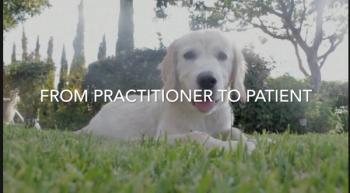
In an interview with CURE, Young explained the importance of whole-person care that included aspects such as yoga and nutrition.

Dewayne Johnson, a patient with cancer who claimed that Monsanto’s Roundup product was at the root of his non-Hodgkin lymphoma diagnosis in 2014, was awarded $289 million by a jury, as reported by the Associated Press.

A new treatment has been approved to treat two rare forms of non-Hodgkin lymphoma.

With an incidence rate of about three cases per million people a year in the United States, Waldenstrom macroglobulinemia is a rare malignancy, and, therefore, has no widely used screening tools. Diagnosing the disease early and, most important, accurately is the art of medicine that remains to be perfected.

Sometimes, you're ill prepared for a scan that might change the course of your life.

A national survey demonstrated shared feelings across all blood cancer types about treatment options and their side effects, as well as other social, financial and emotional aspects.

CAR-T cell therapy is generating excitement for the treatment of diffuse large B-cell lymphoma, according to an update from the JULIET trial.
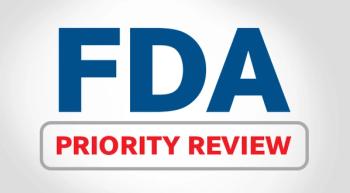
The FDA has granted a priority review to a supplemental new drug application (sNDA) Imbruvica (ibrutinib) for use in combination with Rituxan (rituximab) as a treatment option across all lines of therapy for patients with Waldenström macroglobulinemia.
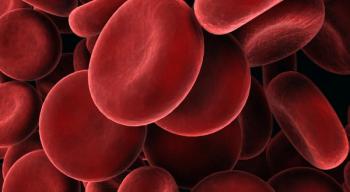
Treatment with chimeric antigen receptor (CAR)-T cell therapy showed encouraging rates of durable responses among adult patients with relapsed/refractory diffuse large B-cell lymphoma (DLBCL), according to updated data from the pivotal JULIET trial.

Why the proverb, "you should never judge a man until you've walked a mile in his shoes" is true for both cancer patients and survivors.

Dewayne Johnson is the first of hundreds of patients to take Monsanto to trial, claiming that Roundup caused them to get cancer. His case will be seen even sooner than others because in California dying plaintiffs can be given expedited trials.

This is what surviving cancer sounds like.

In this week’s episode of CURE Talks Cancer, we spoke with Matt Lashey, creator and CEO of the chemoWave app, which is designed to manage cancer symptoms and conditions by keeping track of a patient’s overall well-being to understand how their experiences may be related to feeling better or worse during treatment.
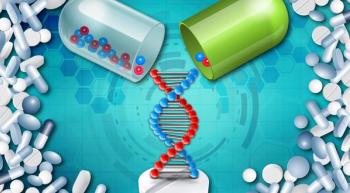
Thanks to genomic analysis by scientists at the Dana-Farber Cancer Institute and the Broad Institute of MIT and Harvard, diffuse large B cell lymphoma (DLBCL) is now a little easier to understand – and possibly easier to treat.


The chemoWave app, launched in July 2017, is designed to manage cancer symptoms and conditions by keeping track of a patient’s overall well-being.
